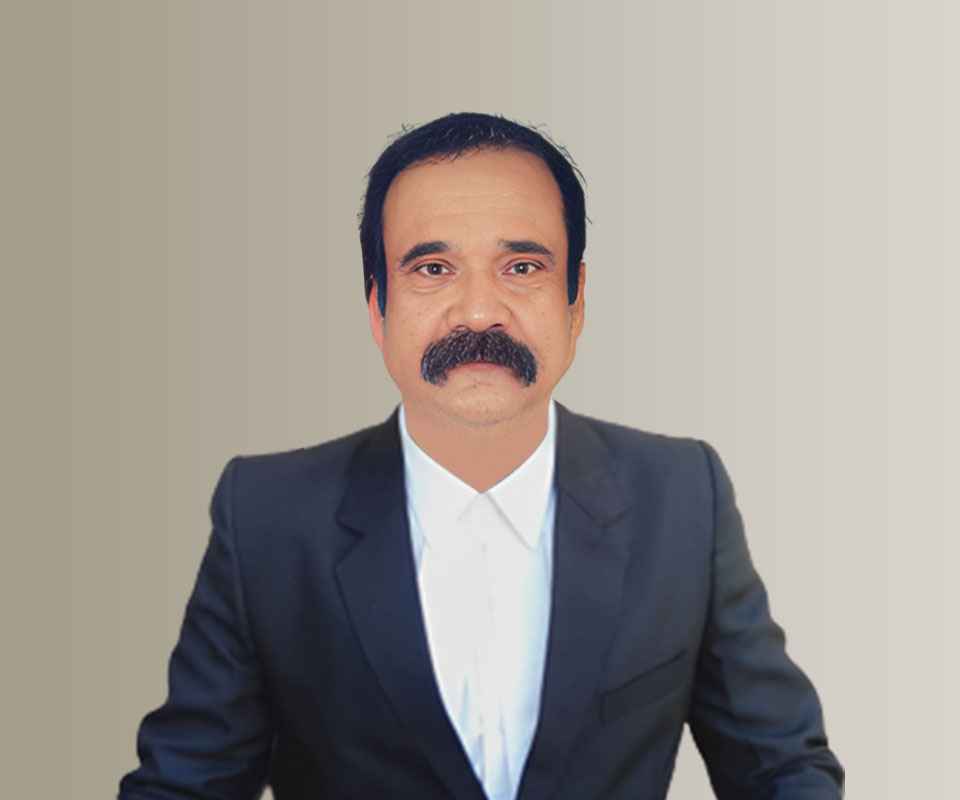Answer By law4u team
Maintenance laws are crucial for ensuring that spouses, particularly women and children, are financially supported in the event of marital separation or divorce. For Non-Resident Indian (NRI) couples, the application of maintenance laws can be complex due to the involvement of multiple jurisdictions, especially when one spouse resides abroad.
Key Points for Maintenance Claims in NRI Marriages:
Indian Maintenance Laws:
In India, Section 125 of the Criminal Procedure Code (CrPC) is the primary law for maintenance, which obligates a husband to provide financial support to his wife if she is unable to maintain herself. This is applicable even if the husband is residing abroad, provided the wife is in India.
The Protection of Women from Domestic Violence Act, 2005 (PWDVA) also provides for maintenance in cases of domestic violence, and this law can be invoked by women regardless of the geographical location of the husband.
Jurisdictional Challenges for NRI Couples:
When one spouse is residing abroad, Indian courts may face challenges in enforcing maintenance orders due to jurisdictional issues. However, the Indian judiciary has ruled that even if the husband is an NRI, Indian courts can order maintenance for the wife if the marriage was conducted in India or the wife is residing in India.
The Family Courts in India may issue a decree for maintenance that can be enforced through mutual legal assistance treaties (MLAT) or by filing the order in a court abroad.
International Enforcement of Maintenance Orders:
Many countries have bilateral or multilateral agreements with India that allow maintenance orders to be enforced across borders. For instance, under the Hague Convention on the International Recovery of Child Support and Other Forms of Family Maintenance, maintenance claims involving children can be enforced across the participating countries.
For NRI couples, if the husband is residing in a country that has an agreement with India for enforcement of maintenance orders, the wife can approach the relevant foreign authorities to enforce the Indian court’s maintenance decree.
Extraterritorial Application of Maintenance:
If the husband is residing in a foreign country where there are no specific agreements with India regarding maintenance, the wife can still file a maintenance claim in the country where the husband resides, provided the local laws allow for such claims under international law or recognize Indian court orders.
Divorce and Alimony for NRI Couples:
In divorce cases, an NRI husband may be ordered to pay alimony under Indian law if the wife can demonstrate financial need. However, the husband may challenge the Indian court’s jurisdiction if he resides abroad, leading to a complex legal process.
In some cases, the wife can seek interim maintenance during the pendency of the divorce proceedings, and this can be enforced even if the husband is in a foreign country.
Enforcement via Matrimonial Websites or Agencies:
Some matrimonial websites and agencies specifically cater to NRIs and offer assistance in ensuring that maintenance orders are enforced when the husband is abroad. They may work with legal firms that specialize in international family law.
Example:
If an NRI husband residing in the UAE refuses to pay maintenance after the wife, who lives in India, files for divorce, the wife can approach an Indian family court for maintenance under Section 125 CrPC. The court can order the husband to pay a specific amount. If the husband continues to refuse, the wife can request the Indian court to assist in enforcing the order through the Mutual Legal Assistance Treaty (MLAT) with the UAE, or the court in India may coordinate with foreign agencies to ensure payment.







